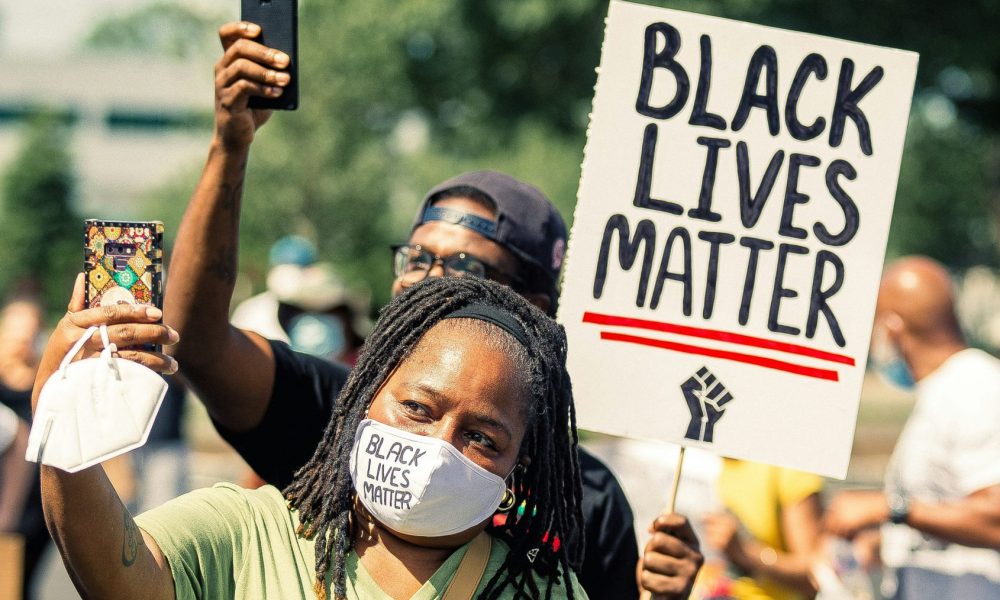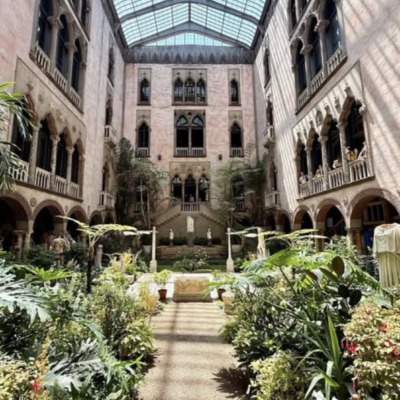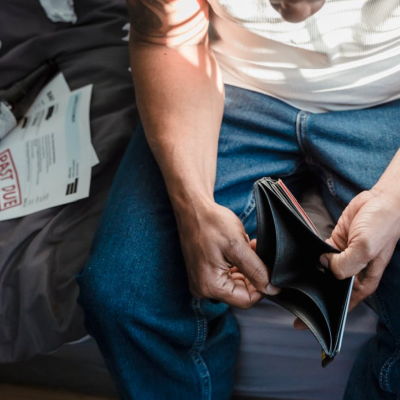Social Media: My Black History Teacher
Fun fact: Teaching Black history is not federally required in the U.S. According to The 74, an education news site, only 12 states — Arkansas, Colorado, Delaware, Florida, Illinois, Mississippi, New Jersey, New York, Rhode Island, South Carolina, Tennessee, and Washington — mandate Black history in K-12 public schools. As a result, many students receive only a limited understanding of Black history, leaving them in the dark about key truths of American history. This gap in education impacts their perspectives, opinions and actions for the rest of their lives.
While Black History Month is widely recognized, it often focuses on honoring historical figures who paved the way for racial equality. However, Black history is still being made every day. With the rise of social media, influencers and educators are bringing greater awareness to Black culture, history, and current contributions. Platforms like TikTok and Instagram have created spaces for people to learn about Black history when their schools or communities may not provide that opportunity. Social media not only helps us celebrate the past but also shines a light on the present achievements of Black excellence.
On average, people spend about two hours and 23 minutes daily on social media, with some using it for as long as 8 to 10 hours. While many see it solely as a tool for entertainment and communication, social media is also a powerful space for education and community building. It allows people to share knowledge on a wide range of topics with diverse audiences. This is especially important for celebrating Black History Month. Many influencers and authors, such as Rachel Elizabeth Cargle and Ibram X. Kendi, use their platforms to educate people about Black history and its continued impact on society today.
For me, social media has become my Black history teacher. In school, Black History Month discussions often focus on historical leaders like Dr. Martin Luther King Jr. and Rosa Parks — figures who played crucial roles in the Civil Rights Movement. While it’s important to honor those who paved the way, it’s just as essential to recognize Black excellence in today’s world. In every industry — business, entertainment, literature, and beyond — Black individuals continue to break barriers and redefine success.
Social media spotlights modern-day changemakers like poet Amanda Gorman and activist Alicia Garza, alongside influential Black actors like Michael B. Jordan and Angela Bassett. Musicians like Kendrick Lamar, with his symbolic Super Bowl halftime show, and Beyoncé, the first Black woman in 33 years to win Album of the Year at the Grammys, are pushing Black culture forward on global stages. Platforms like The Shade Room Teens provide a space for young people to stay informed about Black excellence and cultural achievements.
Through social media, I’ve also discovered the rich Black history within my own community. I’ve learned about activists like Melnea Cass, Elma Lewis and Mel King — figures who have shaped my city in profound ways. Social media has also introduced me to local events celebrating Black history, from museum exhibitions to sports initiatives and educational programs. It’s been eye-opening to realize how many opportunities exist for me and my friends to engage more deeply with our culture.
Black history should be celebrated year-round, not just in February. Thanks to social media, this ongoing celebration is possible. It serves as a bridge between the past and the present, allowing Black excellence to be recognized, appreciated and shared with the world — every single day.










